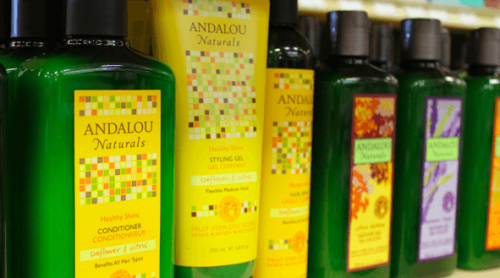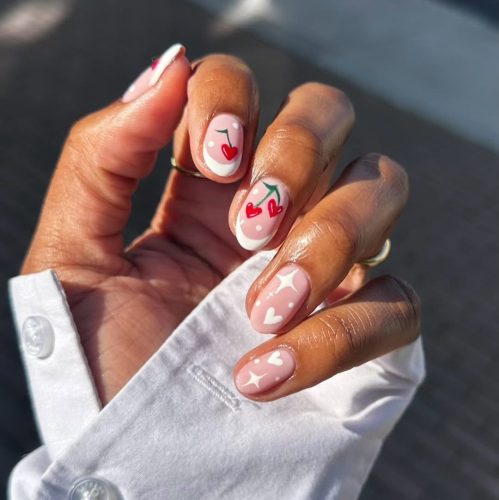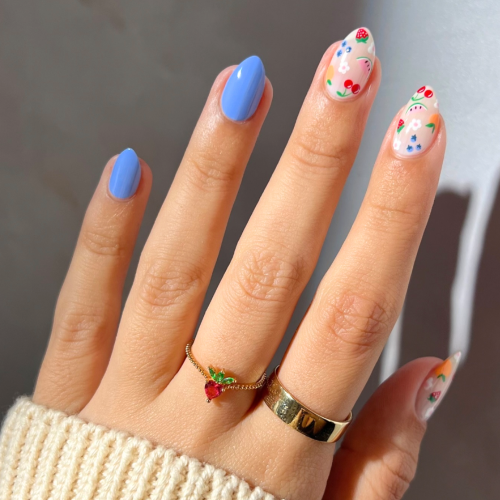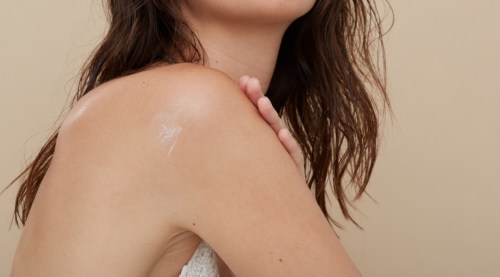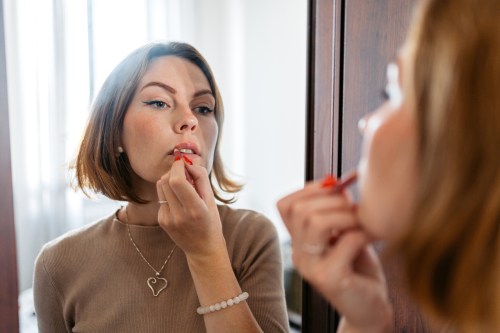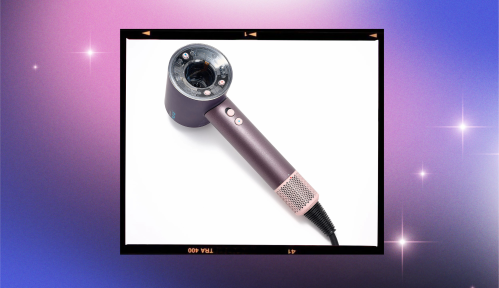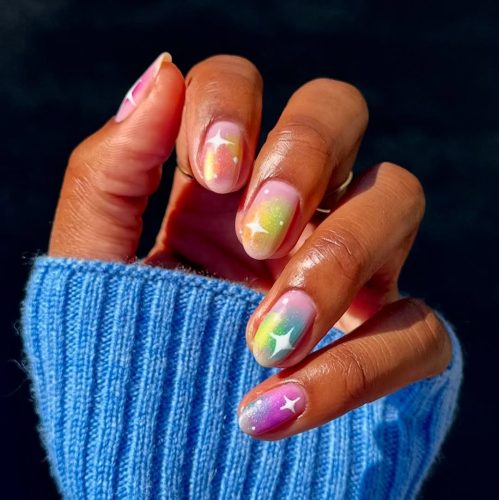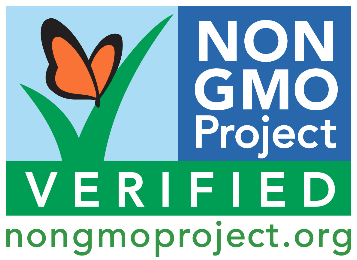Beauty products go non-GMO
You may have looked for the Non-GMO Project logo on your tofu, but how about on your face wash? Get ready for a new era of even cleaner beauty products.
You may have started looking for the Non-GMO Project butterfly logo on your tofu, but how about on your face wash?
Earlier this month, Andalou Naturals announced it had become the first-ever personal care brand to have its entire line of products achieve non-GMO product verification, shining a light on the fact that as consumers become increasingly more concerned about GMOs, they may start looking for the seal of approval on beauty—not just food—items.
“It’s definitely an area where we’re seeing growth, there’s no doubt,” says Non-GMO Project assistant director Courtney Pineau. “The reason is two-fold: consumers don’t want to support companies that have GMOs in their products—they want to shop their values—and they’re worried about putting on their body what they wouldn’t put in it.”
It makes sense that interest is starting within the natural beauty category. Andalou’s line is popular at Whole Foods, where products are largely made with botanicals and shoppers like to read labels. About two dozen of EO’s natural soaps and lotions, which are popular in health-food stores and food co-ops, also bear the non-GMO label.
And some brands have started out by having select products in their lines verified—like Dr. Bronner’s Magic Fresh Pressed Virgin Coconut Oil and Desert Essence 100% Pure Organic Jojoba Oil.
Of course, many natural and organic beauty brands already make scrubs and lotions that are free of GMOs, but haven’t yet received verification. It may not be long before that changes.
“We’re seeing more and more personal care brands that are really clean and 100 percent organic, and they’ve probably taken a lot of measures to avoid GMOs. But ultimately, there’s a need to make sure that any high-risk ingredients are being tested,” says Pineau. High-risk ingredients may include those derived from corn and soy, just like in the food world, and enzymes derived from plants.
The good news is that the Non-GMO Project bases the cost of independent verification on the amount of time the process takes. So, for a small, boutique beauty brand looking to get the label onto its five-ingredient product, the cost could be as low as a few hundred dollars. The more complex the product, the more expensive the process will be. But as consumer interest in avoiding GMOs grows, it’s sure to be a expense that more and more beauty companies decide is worth it. —Lisa Elaine Held
Sign Up for Our Daily Newsletter
Get all the latest in wellness, trends, food, fitness, beauty, and more delivered right to your inbox.
Got it, you've been added to our email list.
